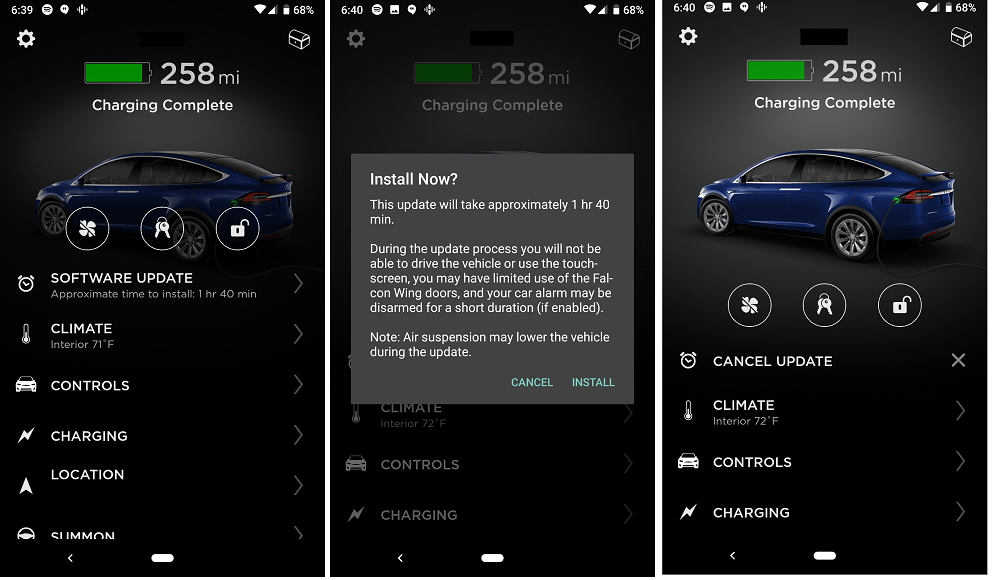Tesla Recalls 1.85 Million Vehicles Due to Software Glitch: Key Details
Tesla has announced a major recall affecting about 1.85 million vehicles. This recall is due to a software glitch that may compromise driver safety. The issue prevents the vehicle’s software from alerting drivers when the hood is unlatched. This could lead to dangerous situations on the road, highlighting concerns about vehicle safety and software reliability.

The National Highway Traffic Safety Administration (NHTSA) reported that the recall includes several Tesla models produced between 2020 and 2024. These models include the Model 3, Model S, Model X, and Model Y. The software issue can stop the dashboard warning light from lighting up when the hood is not fully closed. If the hood opens unexpectedly while driving, it poses a serious risk of reduced visibility and accidents.
This problem first came to light in China. Tesla received notifications about unintended hood openings on March 25. Initial investigations revealed that a deformation in the latch switch could stop the vehicle from detecting an open hood. Following these findings, Tesla began collecting lock mechanisms for analysis and started inspections on affected vehicles.

By mid-April, Tesla engineers confirmed that latch switch deformation was responsible for the malfunction. Despite this alarming defect, Tesla identified only three warranty claims related to this issue in the United States as of early July. They were unaware of any accidents resulting from it.
To address this safety concern, Tesla has implemented an over-the-air software update. This update ensures that an alert will display if the hood is unlatched. This proactive measure allows Tesla owners to receive critical updates without visiting a dealership, showcasing modern automotive technology’s advantages.
Broader Implications for Tesla
This recall is not an isolated incident for Tesla; it reflects a trend within the automotive industry where software-related issues have become more common. Just months prior, in June 2024, Tesla recalled over 125,000 vehicles due to another software issue involving seat belt warnings not activating properly when passengers were unbuckled. Such recalls highlight challenges manufacturers face as they integrate complex software systems into their vehicles.

While Tesla has made strides in addressing these issues through updates, concerns remain about overall vehicle safety. The NHTSA has scrutinized Tesla’s safety practices before, leading to investigations into various aspects of their self-driving technology and other systems. This latest recall adds another chapter to ongoing discussions about vehicle safety standards and regulatory oversight in an era where technology plays a critical role in automotive design.
Impact on Tesla’s Market Position
The impact of this recall on Tesla’s stock has been noticeable; shares dipped over 4% after the announcement as investors reacted to both this recall and a broader downturn in tech stocks. The volatility surrounding Tesla’s stock reflects investor anxieties about production challenges and market competition as other automakers ramp up their electric vehicle offerings.
As Tesla navigates these challenges, consumer trust remains paramount. The company has built its reputation on innovation and advanced technology; however, repeated recalls may test customer loyalty and confidence in its products. For current owners of affected models, Tesla will begin mailing notification letters by September 22, detailing necessary steps and providing reassurance regarding safety measures taken.
In conclusion, while Tesla’s recent recall highlights significant concerns regarding vehicle safety due to software glitches, it also shows the company’s commitment to addressing these issues swiftly through technological solutions like over-the-air updates. As electric vehicles gain traction globally, maintaining high safety standards will be crucial for manufacturers like Tesla as they strive to lead in this competitive market.

